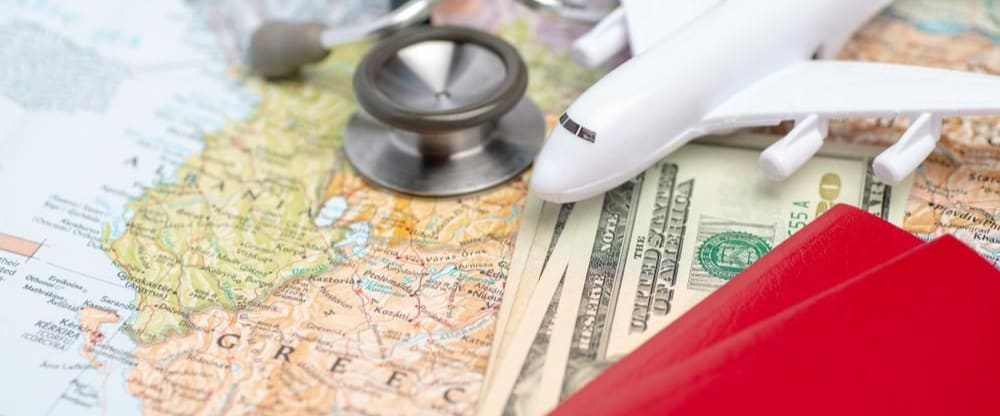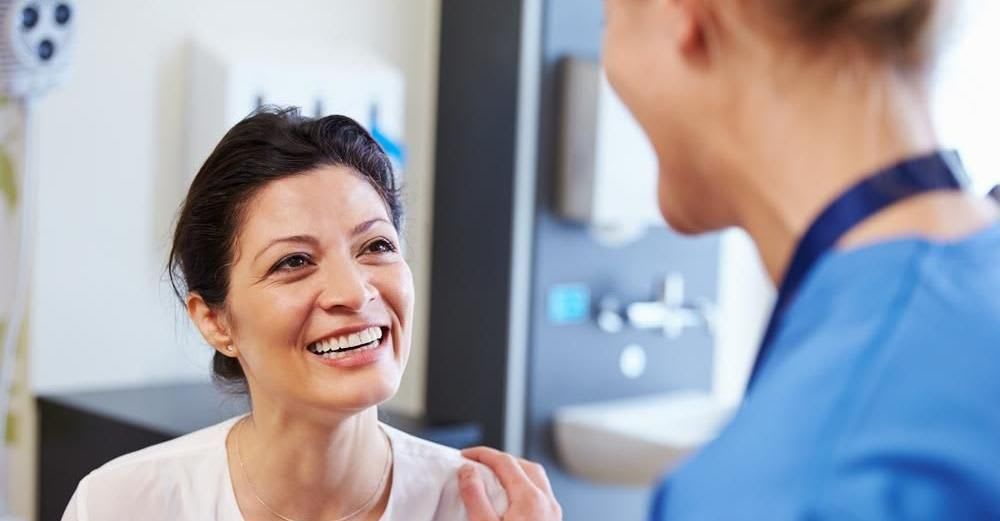Eight Technological Tools To Support Your Health
Today, on World Mental Health Day, we bring you some technical tools that can support your visit to the doctor or your campus' health services.
- Education
- Student Tips

Today, on World Mental Health Day, people are celebrating the quest to understand and prevent mental health issues, on university campuses and everywhere.
This year, the World Health Organization (WHO) is focused on supporting the mental health journeys among adolescents and young adults as they take on the world. There is a growing understanding, worldwide, that this demographic needs help building mental resilience to cope with the challenges of today's world.
In addition to investment by governments and involvement in social, health, and educational sectors, there are things people can do as individuals, too.
Here are eight technological resources you can use to better understand your mental and physical health.
Mental Health:
1. Online platforms developed by your college
More colleges use online technology as a supplementary way of addressing student wellness and mental health.
For those students who suffer from anxiety and depression who might not feel comfortable coming forward and asking for help, there are other resources.
Many schools, like Colorado State University, have developed proprietary mental health platforms that give students information on how to recognized mental health issues. The key is that the platform doesn't necessarily bill itself as a mental health resource.
It's more a resource for students who may have symptoms of mental health issues. For example, students might access the platform because they're having trouble sleeping. In the process of researching solutions, they might come across information on anxiety and depression, too -- and they might find it applies to them.
Many schools have health and wellness platforms designed to be highly accessible and relatable for all students.
2. Pacifica
Here's an app worth getting to know: Pacifica. It's designed for people who suffer from stress, anxiety, and depression and it offers daily mindfulness tools. It also boasts an online peer community.
Pacifica is available online or as an app on your phone. The basic tools are free.
3. Five Minute Journal
Here's an inexpensive app that encourages you to write brief entries -- one in the morning and one in the evening -- in which you practice gratitude, upload photos, write daily priorities, and reflect on your day. There are also fun inspirational quotes.
If you have always wanted to do a journal, but could never quite get there, this app might help.
4. Online social therapy
Yes, there's an artificial intelligence-assisted online social therapy tool for youth mental health. It's called MOST (Moderated Online Social Therapy), and it offers a Facebook-style networking function with specialized therapy modules and a chat area where patients can discuss problems. It's a product of Australia's Orygen, the National Center of Excellence in Youth Mental Health.
Physical Health:
There might be millions of apps out there that support your physical health (which of course can in turn help mental health). We won't delve into them here, but there are good ones out there. Find some that work for you.
Here are some techy physical health tools:
1. Wearables
From Apple Watches to Fitbits to Pebbles, there's a wearable out there for you. Many are connected to apps that you can use to track and monitor your help.
Among other things, these wearables can monitor heart rate, movement, sleep, and digestion. They collect data and offer you insight into your personal health.
2. Virtual reality (VR)
VR in healthcare is here to stay. It's used in medical settings, and especially with children. It's great for helping people overcome their fears, too. As VR simulates real experiences, clinicians can treat highly anxious people those with specific phobias by exposing them to VR situations. For example, those afraid of flying or heights might benefit from a VR simulation where they are on a tall building or flying.
3. Medication apps
Due to the growing number of people who forget to take their medications, the medical community has created a variety of medication reminder apps, including Medisafe, Pill Alert and Pill Monitor Pro. These apps remind you when to take your meds and can help keep track of prescriptions, doses, and side effects.
Want help finding one that works for you? Talk to your doctor.
4. Smart water bottles
Dehydration is a common problem that most people face. Want to drink more water but always forget? Check out the smart water bottle scene, like the Hidrate Spark, or STYR Labs' Smart Bottle. They sync to hydration apps that remind you when to take a swig.
Interested in studying in mental health? Read here.
Find a program in these categories
Read related articles

What You Should Know If You Want To Practice Medicine Abroad

Five Countries to Choose for Nursing Degrees
